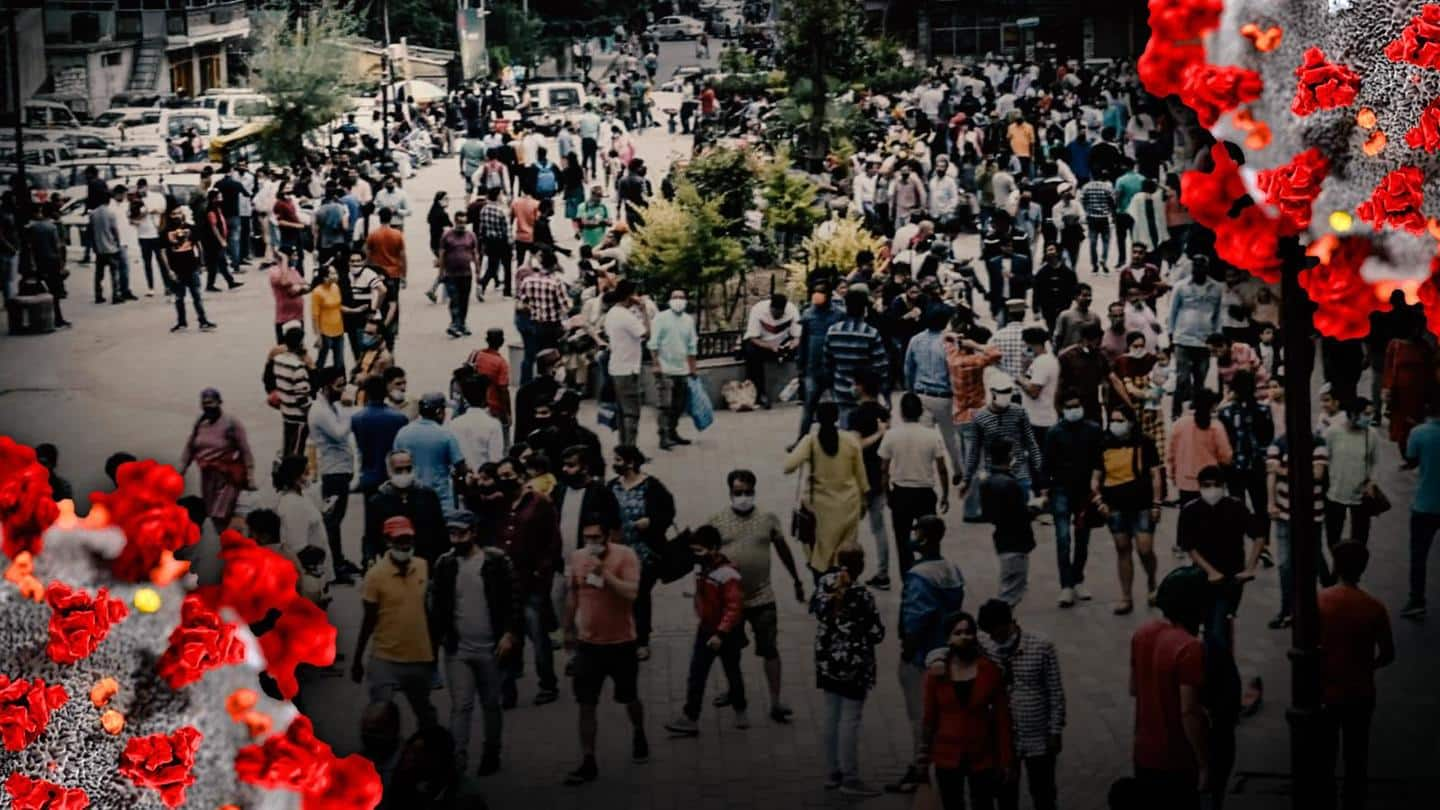
'Revenge travel' could worsen third COVID-19 wave, ICMR study warns
What's the story
We have all been wanting to pack our bags and run to the hills. But that may not be a good idea.
"Revenge travel" could worsen the third wave of COVID-19 in India, according to researchers from the Indian Council of Medical Research (ICMR) and Imperial College London.
The term refers to an urge to travel after being under restrictions for a long time.
Details
It can cause higher peak in infections early next year
The study, that was published last month in the peer-reviewed Journal of Travel Medicine, said irresponsible traveling may lead to a higher peak in COVID-19 infections between February and March next year.
It was carried out to assess potential risks associated with an increase in revenge tourism.
ICMR Director General Balram Bhargava was also involved in the study, according to ThePrint.
Study
Third wave peak could rise by 47% during holiday season
According to the study, tourism in Himachal Pradesh can increase by as much as 40% during a typical holiday season.
Under such circumstances, the peak of the third wave could rise by up to 47% during the holiday season and occur two weeks early as compared to a case where easing of curbs takes place off-season, the research found.
Findings
It can jump by 103% in the worst-case scenario
In the worst-case scenario, the third wave's peak could jump by 103% and the timeline of the outbreak could be four weeks earlier.
For that finding, the researchers took into account that India's high population density has a stronger effect on transmission.
The researchers created a mathematical model based on the dynamics of the first and second waves in Himachal Pradesh.
Advice
Researchers advise responsible traveling, introducing rules
The researchers said there should be an emphasis on responsible traveling.
The travelers should carry a negative COVID-19 test report and proof of vaccination, they said.
States can also be guided on how they can best reduce travel-related risks.
Industry experts have said that people traveling with their families are willing to spend more if the stay is safe.
Quote
'A shared sense of responsibility will go a long way'
"There are undoubtedly important benefits as society gradually returns to normal, in India and elsewhere; domestic travel to holiday destinations provides benefits not just for visitors, but also for local economies," the research team wrote.
"A shared sense of responsibility, amongst visitors, residents and local authorities, will go a long way towards protecting the welfare of the country as a whole," the researchers added.